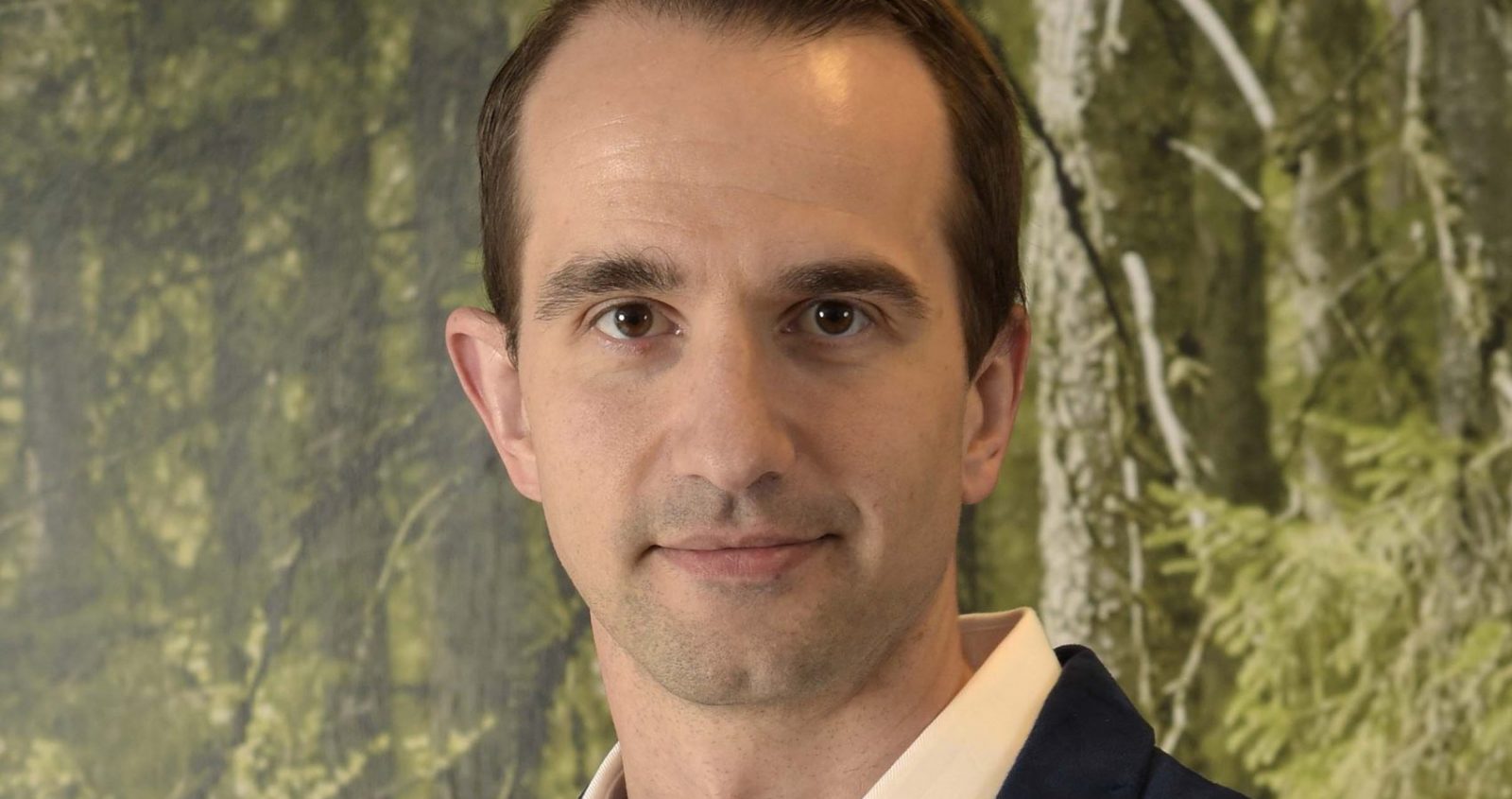The shipping industry has fantastic capacity to contribute to a fossil free society, since it is such an energy efficient mode of transport. But this all hinges upon maritime transport becoming fossil free. That is why we are so pleased that Sekab, together with the Dutch chemical start up Vertoro, is building a new processing plant with the capacity to produce bio crude oil out of residuals from the pulp and paper industry.
The debate surrounding the environmental impact of transport has mainly been focused on emissions resulting from road and air transport. Maritime transport has gone largely unmentioned.
Lately, however, there have been discussions of the environmental impact resulting from maritime transport, not the least due to discussions coming from within the industry. An international example is that UN’s shipping regulations organisation, IMO, in 2018 adopted a target to reduce levels of greenhouse gases by 50 percent by 2050, compared to 2008 levels.
The Swedish Shipowner’s Association in 2015 issued a climate road map, with a target of zero net emissions of greenhouse gases to the atmosphere by 2050. And almost exactly a year ago, the Swedish Shipowners’ Association handed over their Road Map for Fossil Free Competitiveness to the Swedish government, stating the industry’s intentions to contribute to reaching Swedish Parliament’s goal of a climate neutral society by 2045.
I think it is a very positive thing that the shipping industry is so committed to contributing to the green transition, since the industry has such a large environmental impact. Globally, maritime transport is responsible for 2–3 percent of total emissions, the same level as air transport, which is responsible for approximately 2.5 percent.
Thanks to its high energy effiency, the shipping industry has the potential to play a key role in lowering emissions from global transports. For example, in Sweden, domestic shipping makes up for 36 percent of all transports, while the aggregate emissions only amount to barely 2 percent of the total emissions from domestic transports. This is why there is a wide agreement that a larger share of transports need to become maritime.
But since the overall goal is zero emissions, maritime transport has to become fossil free. That’s why all of us at Sekab think that our collaboration with Vertoro is so great, since it means that we are creating a product that has the ability to completely replace fossil crude oil.
We will start off by making biofuel for the shipping industry, since it is time for maritime transport to begin its transition to becoming completely fossil free. But this is contingent on available biofuel for the shipping industry, which also has been clearly argued in the Swedish Shipowner’s Association’s road map.
The emissions from our transports need to reduce quickly, and this makes the energy efficient shipping industry a key player. Let’s work together to make it fossil free!

